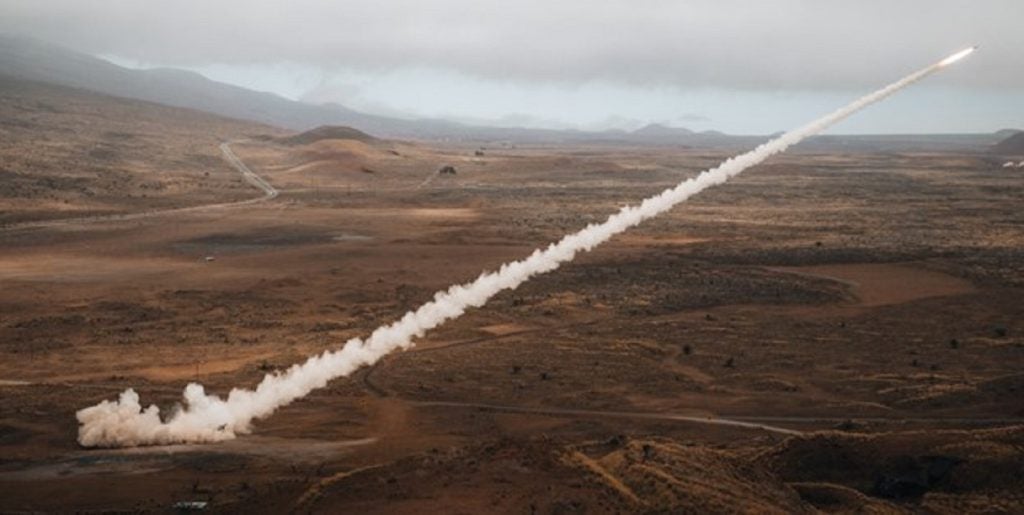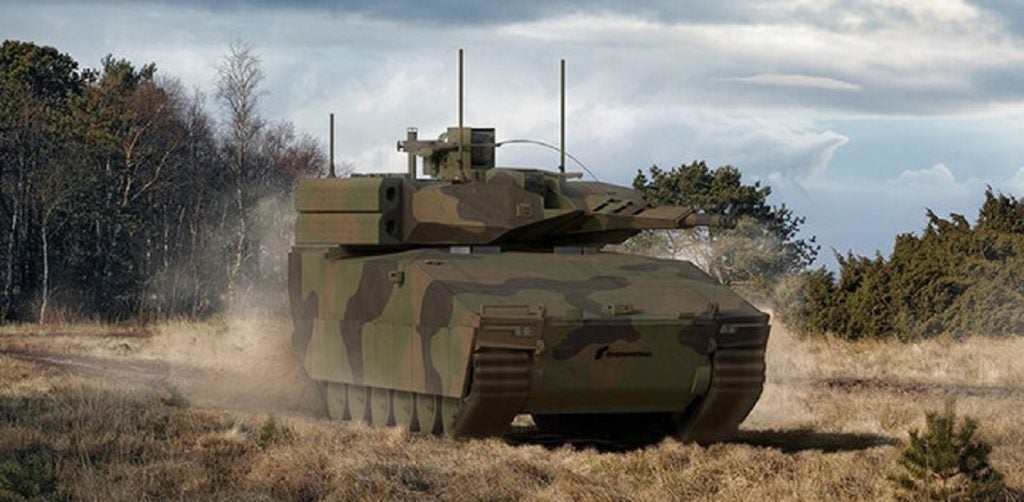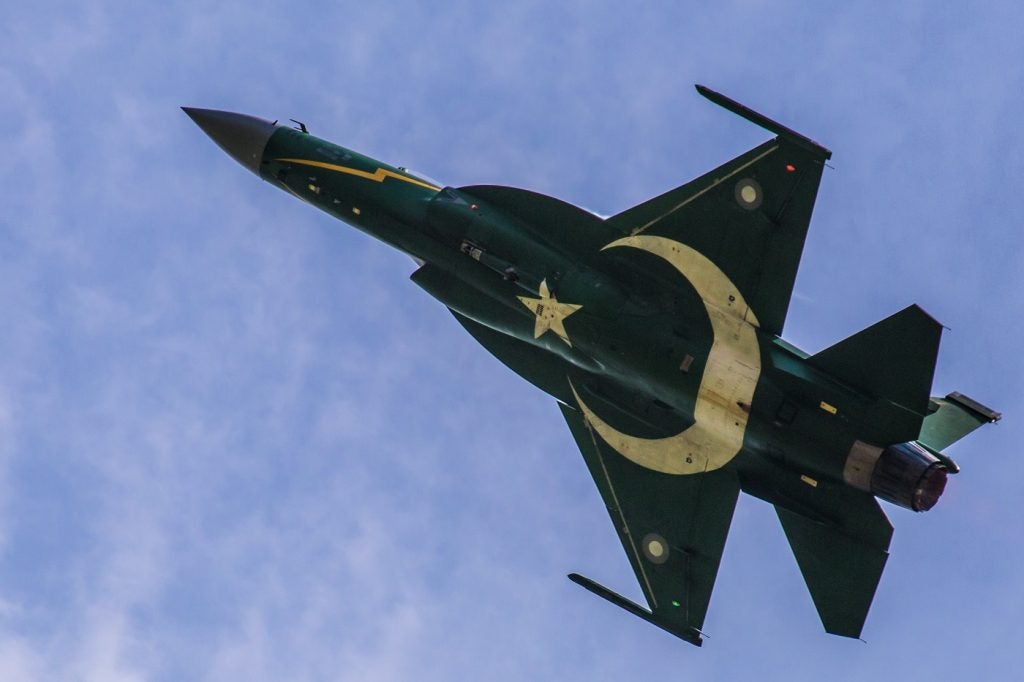The US Department of State has approved a possible deal to send Australia up to 22 M141 High Mobility Artillery Rocket Systems (HIMARS) and related equipment in a Foreign Military Sales agreement worth $975m.
Lockheed Martin Missiles and Fire Control originally manufactured HIMARS in 1996. It is an artillery system in the Multiple Launched Rocket Systems (MLRS) family.
The system is intended to engage and defeat artillery, air defence concentrations, trucks, and light armour and personnel carriers, as well as support troop and supply concentrations. The system launches its weapons and moves away from the area at high speed before enemy forces locate the launch site.
These systems are used widely, most recently in Ukraine, where the country’s armed forces have used HIMARS against Russian aerial threats, from Iranian Shahed unmanned aerial vehicles to Russian ballistic and cruise missiles.
Likewise, the US government has decided that Australian airspace will also be strengthened by these hit-and-run artillery systems.
The Defense and Security Co-operation Agency (DSCA) explained that “the strategic location of this political and economic power contributes significantly to ensuring peace and economic stability in the region. It is vital to the US national interest to assist our ally in developing and maintaining a strong and ready self-defence capability.”
Fighting side by side
“The proposed sale will improve Australia’s capability to meet current and future threats and will enhance interoperability with US forces and other allied forces,” the DSCA clarified. “Australia will have no difficulty absorbing this equipment into its armed forces.”
Nato spokesperson Oana Lungescu told Army Technology that since the Vilnius summit last month, “allies approved a new Defence Production Action Plan to accelerate joint procurement, boost production capacity and enhance allies’ interoperability.”
Already well-entrenched in the arsenals around the world – including Morocco, Poland, Romania, Singapore, the UAE, US and UK among others – HIMARS are a sound system to produce more widely for America’s strategic partners.
The system became an integral part of exercise Formidable Shield, where 13 Nato members came together in May this year in the Arctic and North Atlantic. While the multi-domain exercise saw many aircraft and surface combatants operating together it was the HIMARS that took centre stage in the joint arsenal.
The General Secretary of the alliance Jens Stoltenberg has emphasised the need to ramp up production and interoperate with allies and partners on numerous occasions. This includes Ukraine, which Stoltenberg said we must “ensure full interoperability between the Ukrainian armed forces and Nato.”












